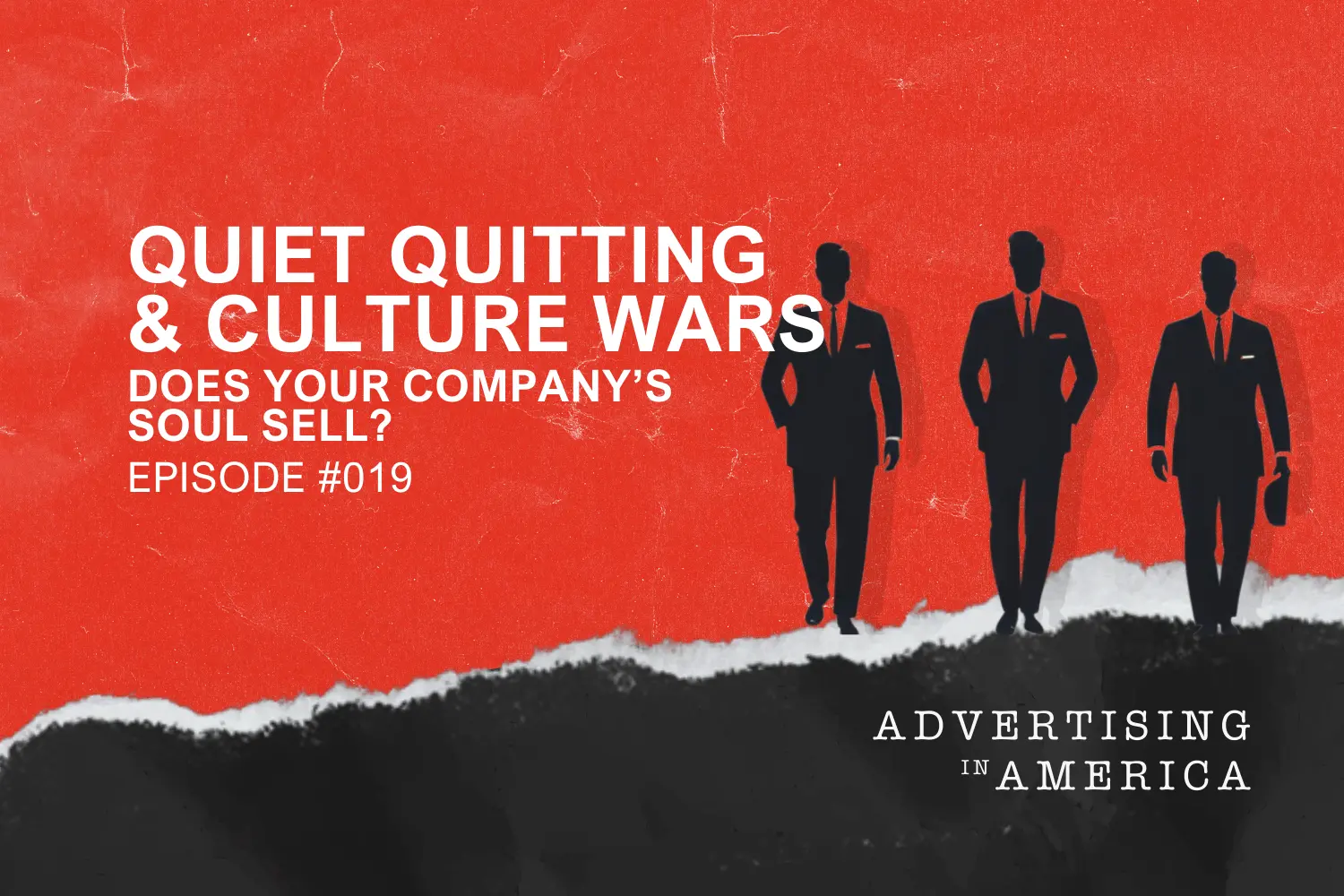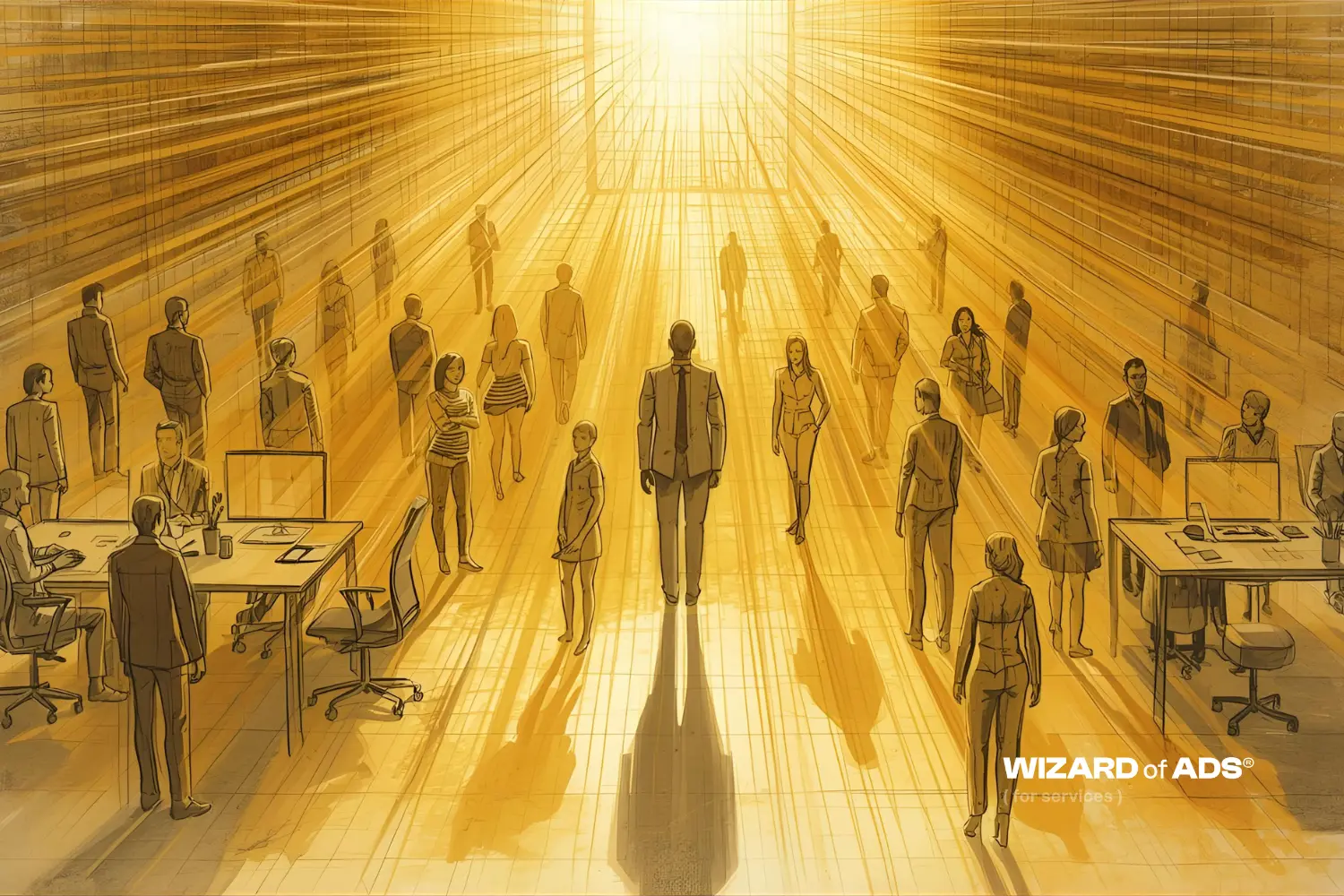
Ryan: Culture is such a mystery to so many business owners. They know it’s important, but they don’t realize the true power that culture has on both the buying experience and the branding opportunity for telling, just the BEST stories. Throughout my career, I’ve noticed that the easiest companies to skyrocket are those with a happy, healthy, and wealthy culture. You know it’s a great company when everyone wants to get a job there and no one wants to leave. Now you’ve come up with 4 different definitions of culture to help break down what culture is and how to influence it, right Roy?
Roy: In biology, a culture is a cultivation (usually bacteria, germs, or tissue cells) in an environment of nutrients. Culture: a cultivation in an environment of nutrients. Do you want to create a culture? Step One: Environment Step Two: Nutrients
Ryan: Yes, this is brilliant. In a book I recently read, Lamarck’s Revenge, the author explores evolutionary theory and microbes are a wonderful place to experience evolution, and revolution, at warp speed. Business environments are consistent with natural environments too. Uncontrollable forces can change the landscape significantly, and internally, it’s the introduction or exclusion of the 11 elements of motivation that act as the “nutrients” of your culture. What’s next?
Roy: When we describe a person as “cultured,” we’re saying they are conversant in the arts. In the words of Phil Johnson, “You acquire an education by study, hard work and persistence. But you absorb culture by viewing great art, listening to great music and reading great books.”The arts are nutrients for the heart. To become “cultured” in the arts is to know how to make people feel differently.
Ryan: I just love this, Roy. Thank you. It just further supports the idea of motivation being the “nutrients” of culture. This is particularly true with the 3 internal motivators as identified by Harvard professor, Rosabeth Moss Kanter; meaning, membership, and mastery. What about your third definition, Roy?
Roy: When our friend Susan Ryan came home after 7 years of doing business in a third-world country, she said, “It’s hard to develop a strategy that will overcome hundreds of years of enculturation. Culture eats strategy for lunch.” A strategy is made of goals, objectives, and activities. A culture is made of values, practices, and behaviors. Princess Pennie says strategy is today’s “do list” and culture is all the yesterdays that made you who you are.
Ryan: See, I would argue that what you’re articulating then, is that Culture IS the Strategy. Hear me out. You see, until we make strategy the everyday norm, we can never affect all the yesterdays that Princess Penny speaks so beautifully about. This is what made Susan Ryan’s job so difficult. In my research, it became very clear that the strategy IS based on goals, KPIs, forecasts, and budgets, but absolutely none of it mattered UNTIL you engineer in the RGAs (that’s revenue-generating activities) and VBBs (value-based behaviors). So what’s your last definition, Roy?
Roy: The culture of a business is expressed as esprit de corp: the spirit of the group. Culture: a cultivation in an environment of nutrients. Business Culture: a cultivation of practices and behaviors in an environment of values. If you don’t have strong values, you won’t have a strong culture. If you don’t reward and celebrate employee practices and behaviors, you’re just mouthing platitudes and clichés. (Commonly known as mission statements and corporate policies.)
Ryan: or disingenuous praise. It’s SO easy for someone to copy your strategy or business model, but no one can truly copy your culture. That’s what’s made Toyota so successful for the past 3 decades. You only have a kick-ass buying experience when you have a kick-ass culture, and it’s the buying experience that delivers on the brand promises made in advertising.
Roy: Good advertising promises your customer a specific experience. Branding is nothing more than corporate culture made known. It is then up to your people to deliver that experience.
Ryan: So the secret to great advertising is the buying experience, and a world-class buying experience comes from a world-class culture that leaders protect and defend daily.

.webp)

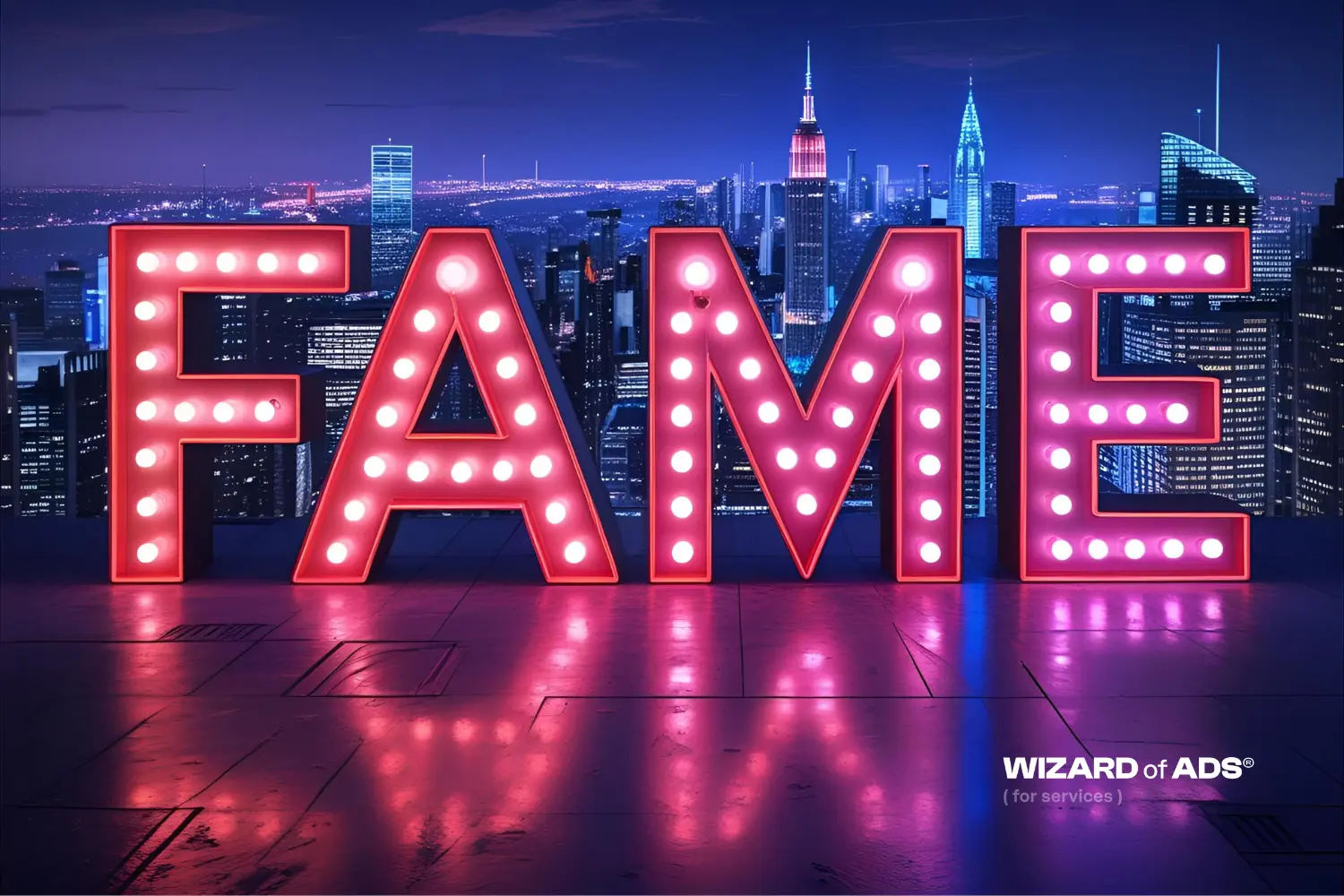




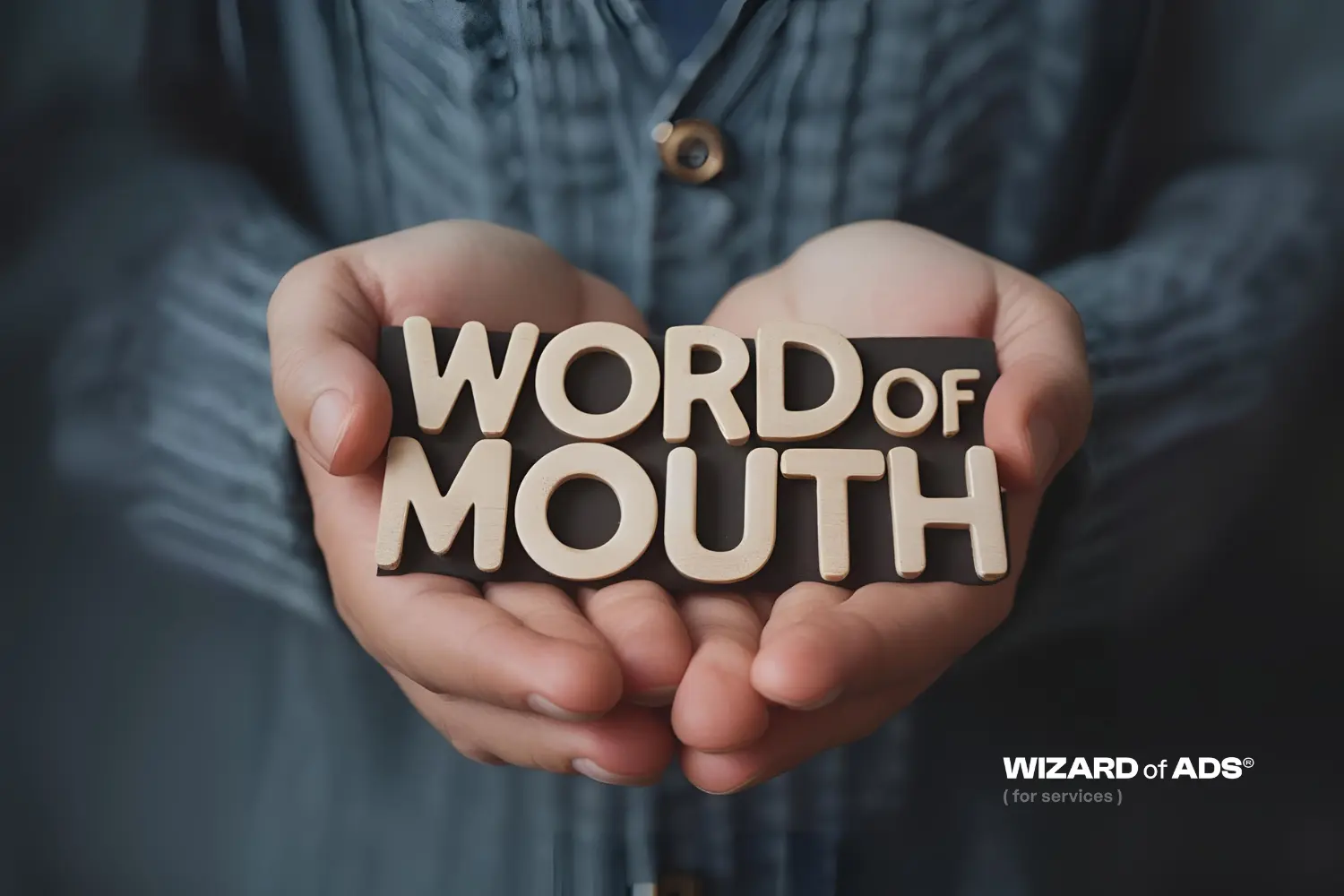







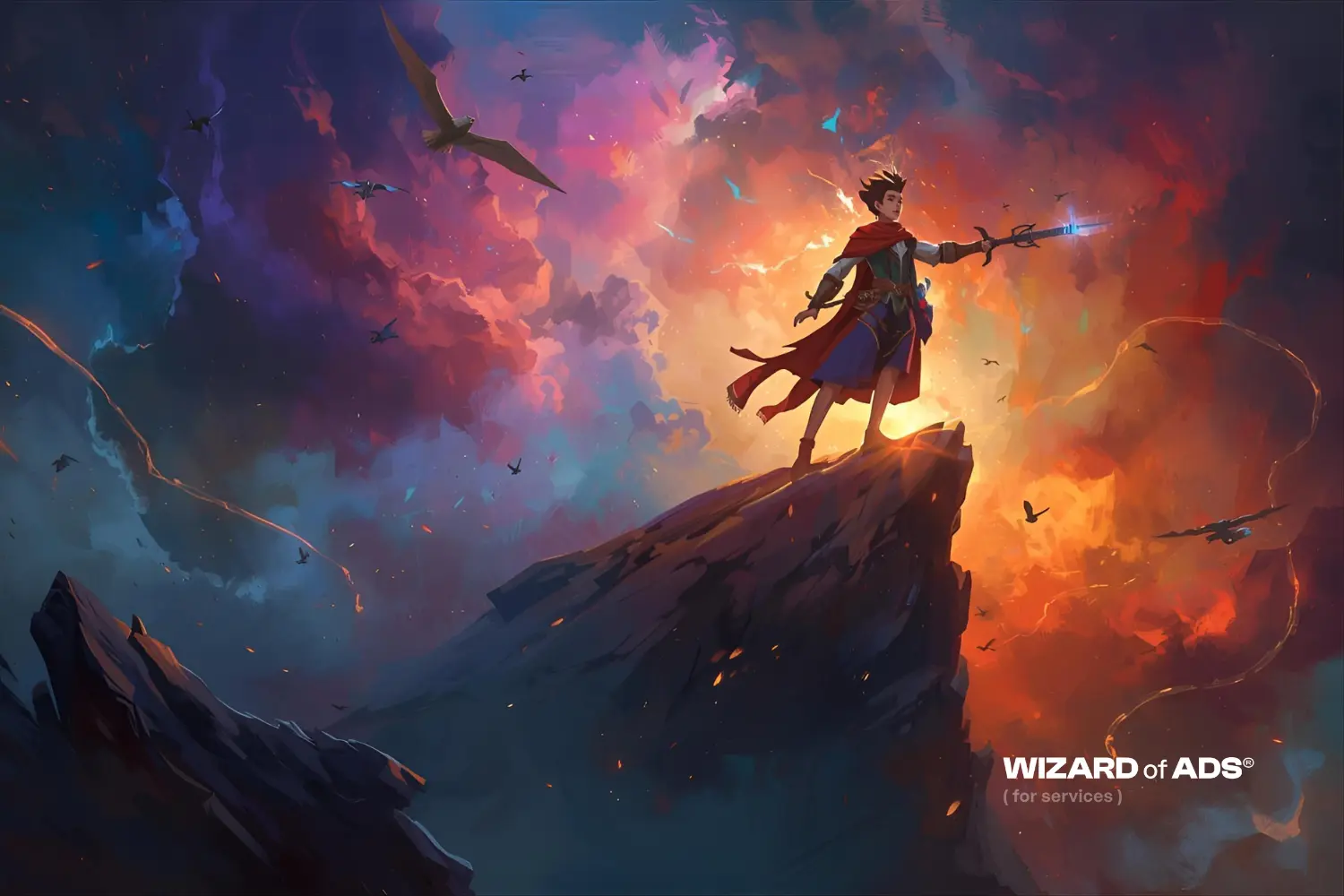






.webp)


